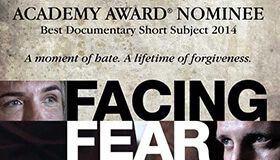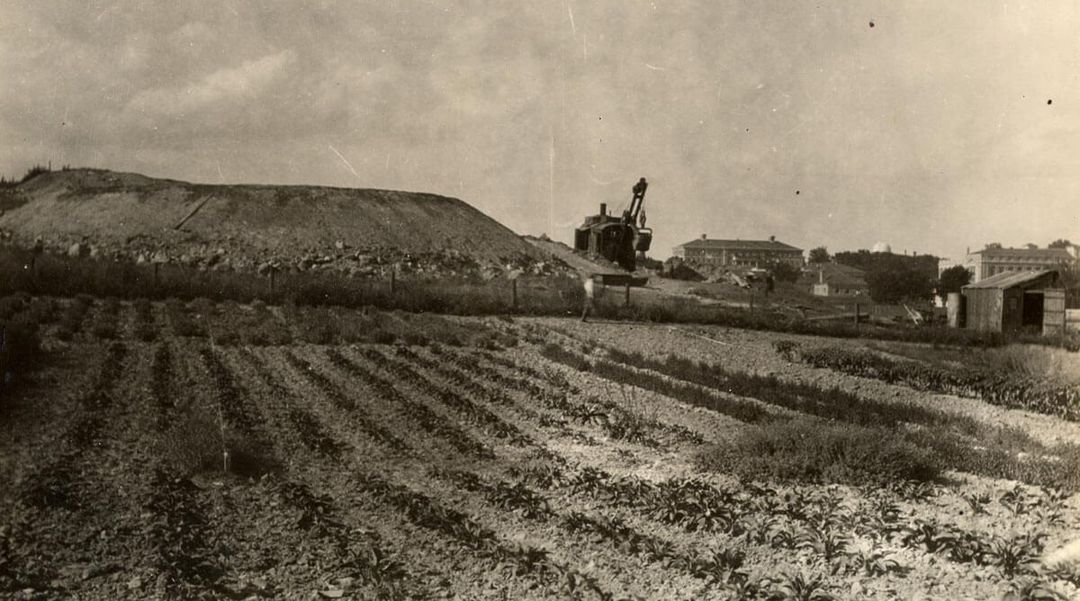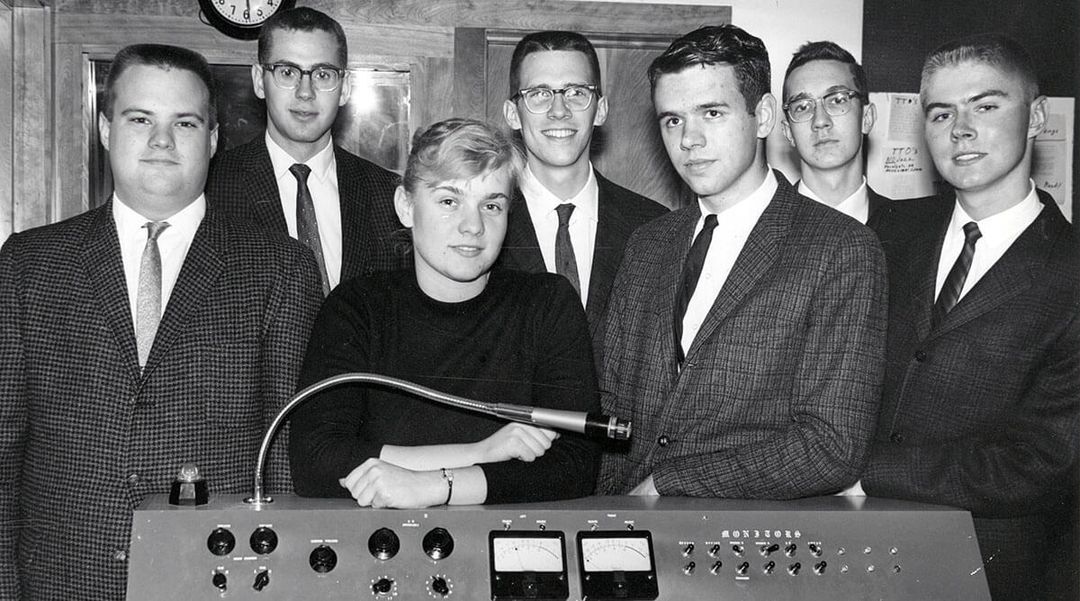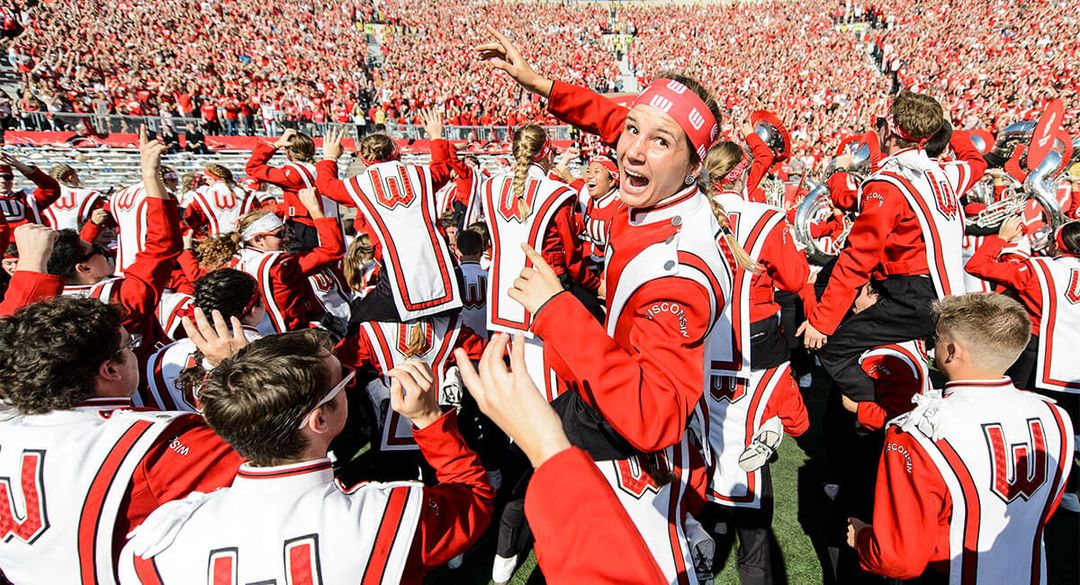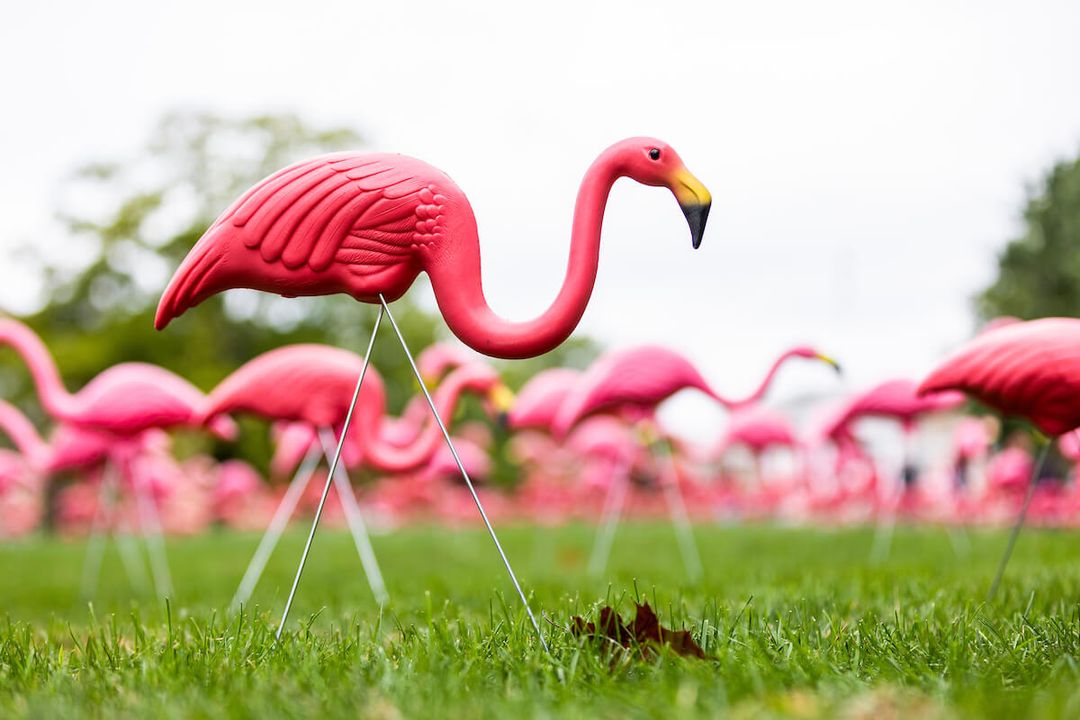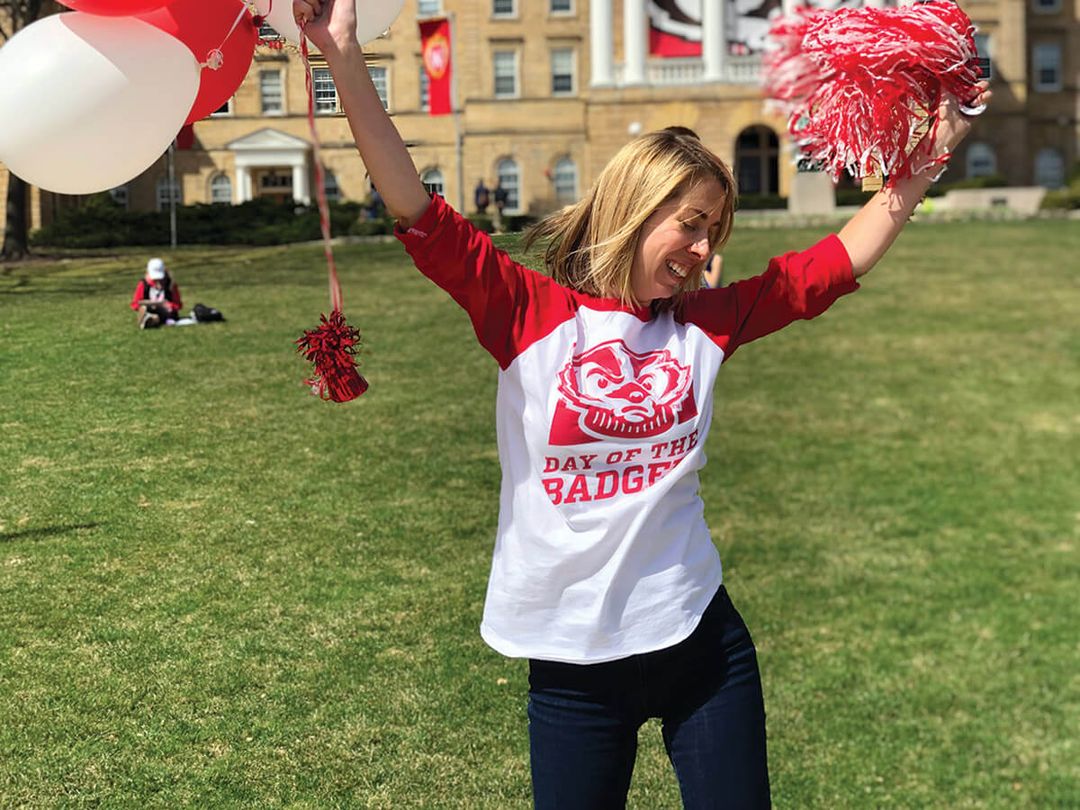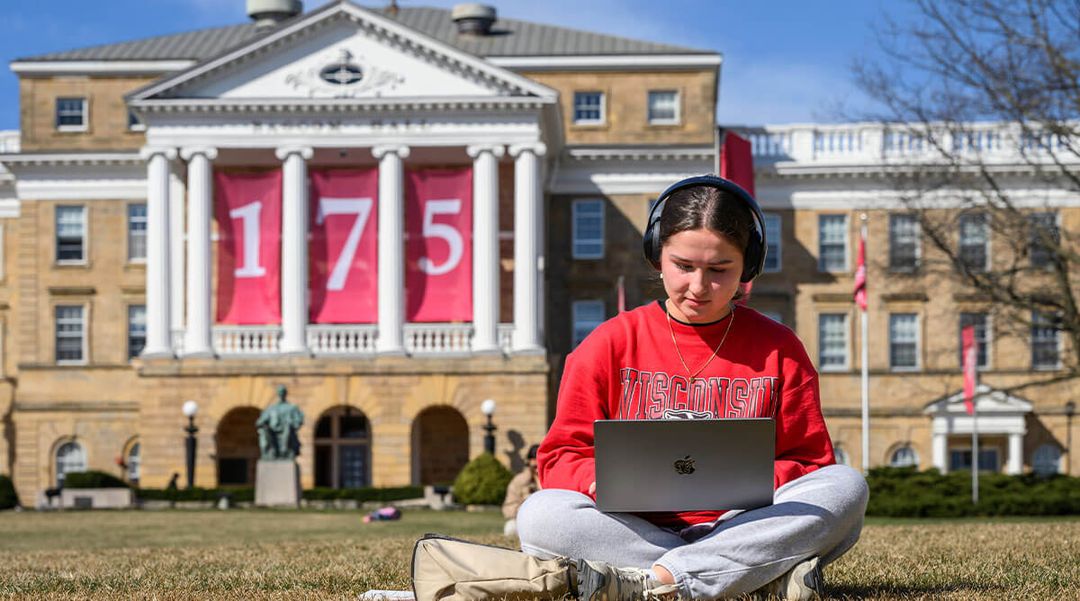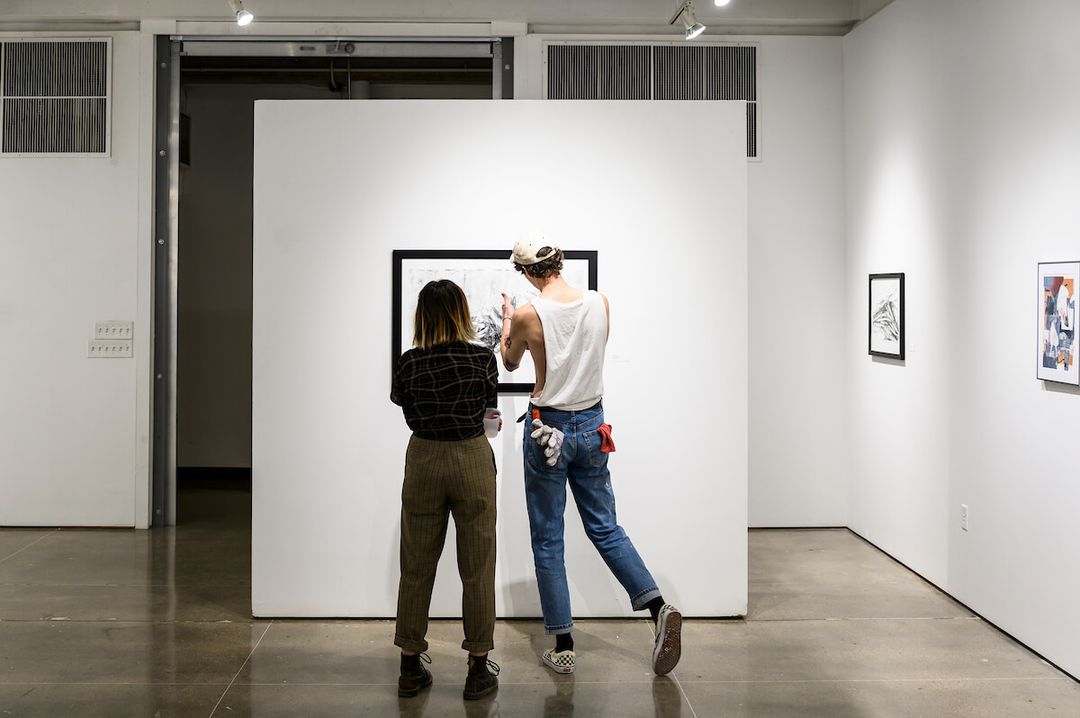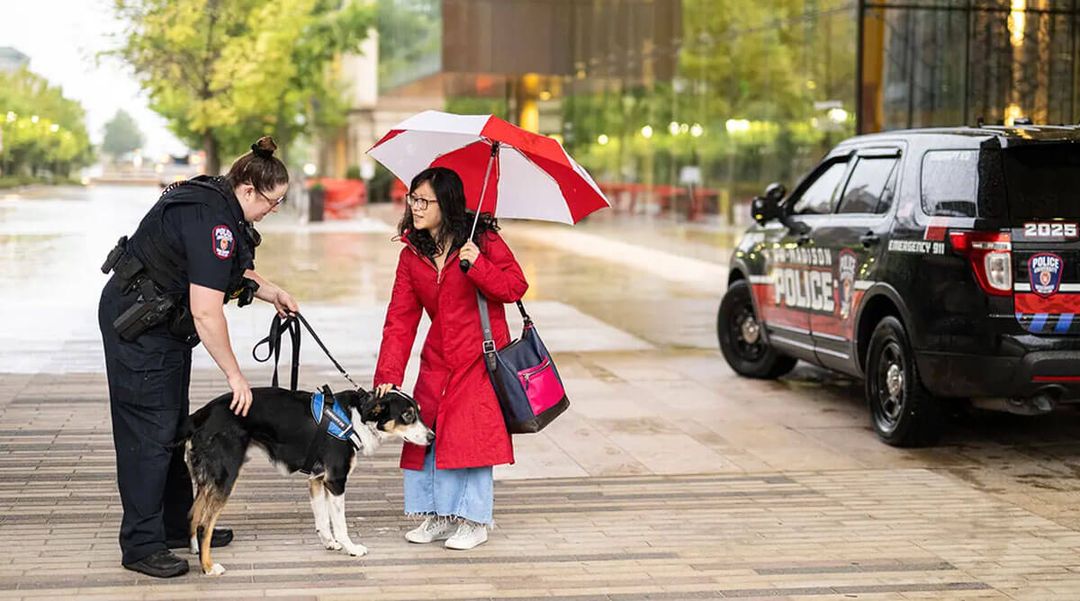
Time your snack break carefully during this year’s Academy Awards ceremony because UW alumnus Jason Cohen ’94 is among the five directors who are nominated for Best Documentary Short Subject for Facing Fear. The film tells the story of a gay teen being brutally beaten, and the journey to forgiveness that the victim and his attacker make together 25 years later.
Where were you when you heard you’d been nominated?
I was watching the press conference in my living room, refreshing the Oscars website, looking for the press release, so I found out like everyone else.
Everyone who worked on the film was extremely happy, thrilled. I heard from a lot of people, even some from Madison who got in touch after 20, 25 years. It was really exciting.
Where did you first hear the story that became the basis for your documentary short, Facing Fear?
Fear is actually part of a larger project for the Fetzer Institute, which is doing work around the world telling stories about love and forgiveness. I’ve been shooting stories for about two years, and traveled all over, from India to Haiti to Uganda to Spain. I met Matthew and Tim, the men featured in the documentary, about a year and a half ago, when we began shooting.
[The Fetzer Institute] had been working with Matthew and Tim for an exhibit at the Museum of Tolerance in Los Angeles, and their story immediately jumped out at me. I thought there was a lot to be explored within this process of forgiveness they’ve gone through.
What was filming like? It can’t have been easy, emotionally.
These two people have a very sensitive story, and were sharing things about themselves that most people would never think to share with a public audience. So we wanted to be really careful, make sure it was tastefully done. Their story had been out there for about six years, and some media outlets sensationalized the attack. We wanted to shy away from that.
What’s it been like to have such a strong reaction to the film?
Fantastic. Not everyone agrees with what’s in the film, but everyone wants to talk about it. And that’s our goal — to open up a discussion about all the themes and issues that arise around the story. The film itself is 23 minutes long, and we’ll wind up having an hour or more of Q & A afterward.

How did you get started in documentary filmmaking?
I lived in Vilas Hall — I majored in journalism and communication arts. I wrote for The Daily Cardinal and worked at the NBC affiliate in Madison while I was in college. After graduating, I decided I didn’t necessarily want to go into broadcast journalism, and I liked film, so the mixture of those really is documentary, or long-form storytelling.
I started freelancing in New York, then moved to San Francisco, where I did some sound work and camera work. I ended up meeting [Academy Award-winning director] Steven Okazaki and worked with him on the documentary Black Tar Heroin: The Dark End of the Street, which was basically just the two of us, out on the streets, following five heroin addicts for two years. It was the first big documentary I really worked on.
I’ve been fortunate to travel around the world on different types of shoots: wildlife, adventure sports, social issues, some commercial work. It’s been a hodgepodge, really. And I love it all. I’d never give it up. I’ve seen some pretty amazing stuff.
How did your experience at the UW affect your life?
I grew up in suburban New Jersey, and going to Madison expanded my world through exposure to new people, through classes. I took as many classes as I could outside my major about things I knew nothing about. I loved being so hands-on in academics. We produced television and radio shows; I spent a whole semester working on a documentary in Lew Friedland’s class.
And now I feel so lucky that today, I can go out and promote my film as a Badger, as an ambassador of UW-Madison.
How do you stay connected to UW-Madison?
I’m still really close with a group of friends from school. They’re my closest friends, my lifelong friends, and we’re as close today as we were then. Other friends who went to other colleges don’t have those same kinds of relationships. It’s a bond that you can’t explain … that indescribable Madison thing.
I also stayed in touch with my TAs, including Dave Black, who helped start WSUM. I appreciate what he’s done for student radio. When I was in school, I was a DJ at WLHA in the basement of the Lakeshore dorms. I can’t remember the wattage, but it did not make it to the other side of campus, where I lived [laughs]. I’d ride my bike down there and spin records every Sunday morning by myself. The phone would ring once or twice — a wrong number. Not a lot of people listening, but I was on air and playing the records I liked. Great memories.
Do you have a pick for Best Picture at this year’s Academy Awards?
I haven’t seen a lot of the nominated films! It’s hard to make it out to the movies with two small children. But I really enjoyed the ones I did see — Nebraska … Dallas Buyers Club. Matthew McConaughey and Jared Leto were great in that. I’ve heard 12 Years a Slave is phenomenal, and I’m really looking forward to seeing that one.
How about your favorite movie of all time?
There’s no way to pick just one. I never want to watch just one movie. I want to see new stuff, documentaries, foreign films, silly comedies, depressing dramas, edgy independents.
